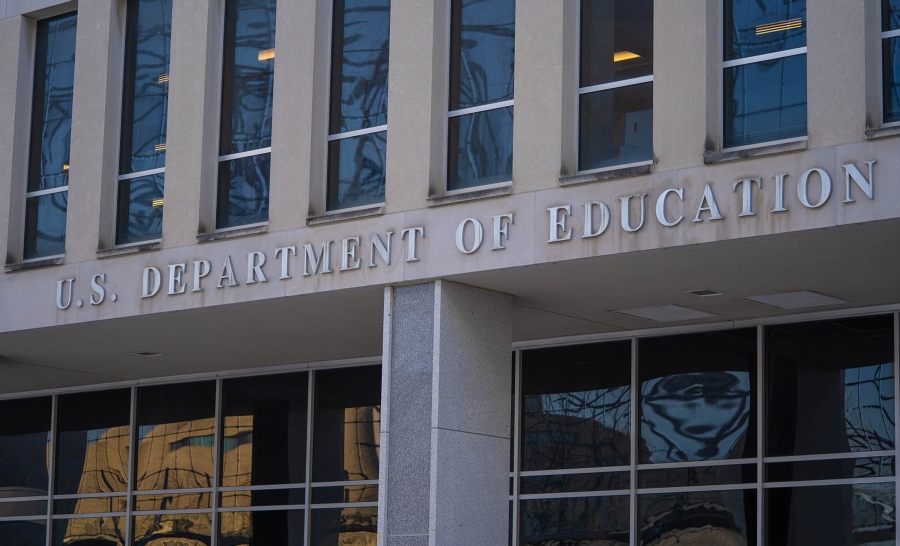How to Make College a Better Bet for More People
To explore how to lift people’s prospects, The Chronicle brought together a campus leader, a public official, a researcher, and a college counselor.
FirstGen Forward / June 06, 2023

The U.S. Department of Education recently proposed regulations designed to protect students from high levels of debt or low earnings from their enrollment in certain workforce training programs. These regulations, which were published in the Federal Register on May 19, 2023 and purport to increase transparency across postsecondary programs, provide a time-sensitive opportunity to #AdvocateFirstgen by submitting comments during the public comment period (which ends on June 20, 2023).
The regulation likely to generate the most attention, controversy, and comments is referred to as the “gainful employment rule.” This regulation is the Department of Education’s mechanism for holding for-profit and non-degree programs accountable for their graduates’ outcomes. As first-generation students and their support systems have limited experience with postsecondary education, provisions in the regulation provide protection from credentials that increase debt and/or yield low wages.
The term “gainful employment” comes from the 1992 reauthorization of the Higher Education Act of 1965. This rule specifies that courses of training at for-profit and vocational training institutions that participate in federal Title IV financial aid programs must lead to “gainful employment in a recognized occupation.”
These provisions do provide a level of protection for first-generation students who have limited experience in navigating postsecondary education.
The gainful employment rule was included in the Obama administration’s proposed negotiated rulemaking in 2009, which was challenged in the U.S. District Court for the District of Columbia. While the court acknowledged that the Department of Education sought to “address a serious policy problem, regulating pursuant to a reasonable interpretation of its statutory authority…it has failed to provide a reasoned explanation for a core element of its central regulation. Both that regulation and those that depend upon it must therefore be vacated.”

Like their predecessors, the newly proposed regulations hold that certificate programs at all institutions and degree programs at private, for-profit colleges must provide training that prepares students for gainful employment in a recognized occupation.
produce graduates who can afford their yearly debt payments (meaning that programs can demonstrate that their debt-to-earnings ratio aligns with a specified level), OR
demonstrate that at least half of their graduates have higher earnings than a typical high school graduate in their state’s labor force who never pursued a postsecondary education.
Institutions not meeting at least one of these two criteria would lose access to federal financial aid funding. Moreover, students enrolling in programs that leave participants with a high debt load would need to acknowledge that they are aware that they are doing so prior to receiving a loan to enroll.
The gainful employment rule is the Department of Education’s mechanism for holding for-profit and non-degree programs accountable for their graduates’ outcomes.
Other provisions that increase transparency in the proposed regulations include collecting information on all colleges’ and programs’ costs (including tuition and fees, books, and supplies); non-federal grant aid; typical borrowing amounts (from both private and federal loans); graduates’ earnings; any applicable occupational and licensing requirements; and licensure exam passage rates (when relevant). Once collected, such information would be available on a Department of Education website.
The regulations are simply proposed at this point, and many comments are expected, particularly on the gainful employment rule and the debt-to-earnings ratio calculations. That said, these provisions do provide a level of protection for first-generation students who have limited experience in navigating postsecondary education. Public comments are welcome by June 20, 2023, and submitting comments is yet another way to #AdvocateFirstgen.
Have your shared feedback on the latest version of the gainful employment rule with the Department of Education? Share your thoughts on the new regulations with us across social media with #AdvocateFirstgen!